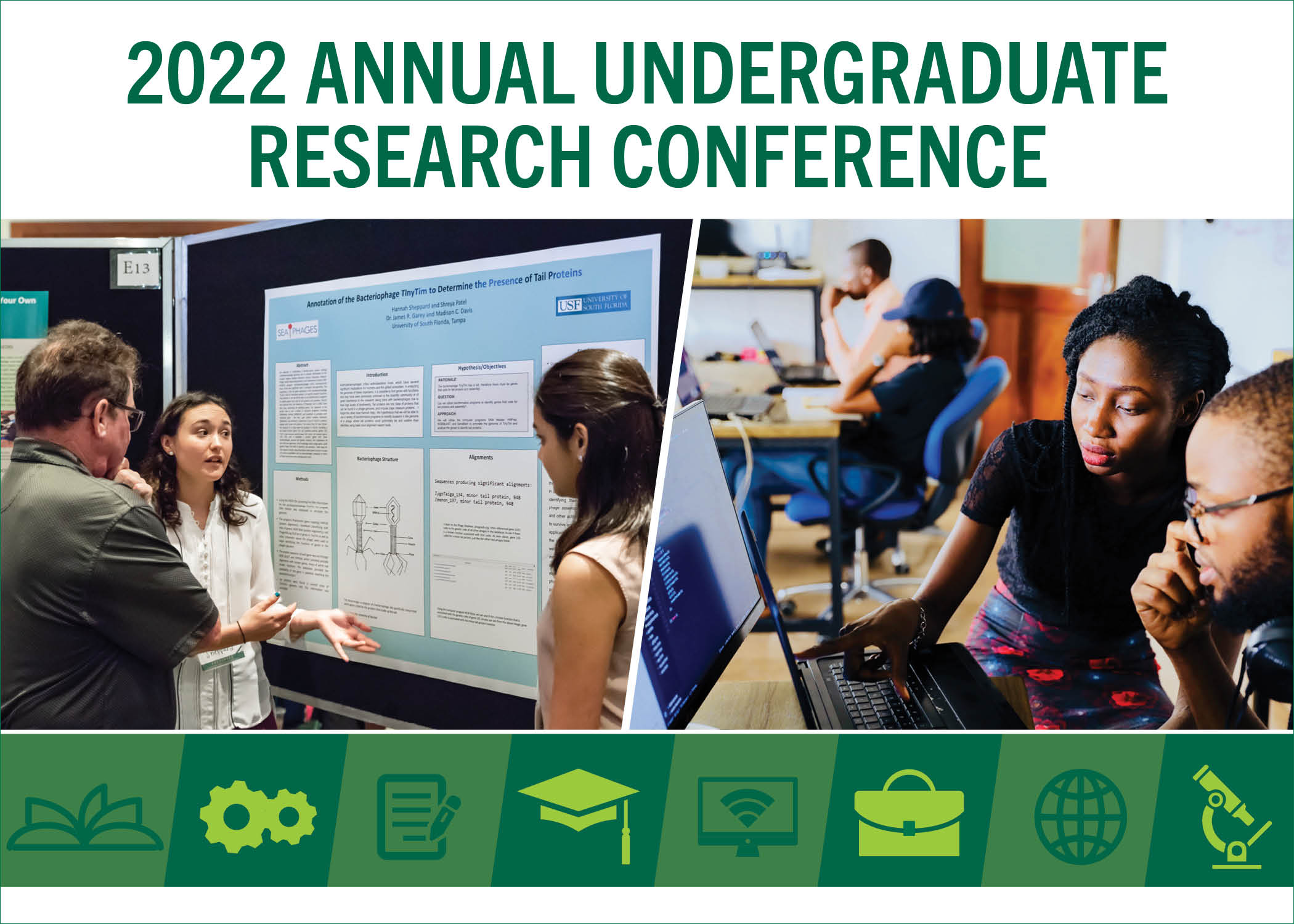Recognizing and Building Upon Diverse Communicative Competencies In Young Children
Mentor Information
Jolyn Blank
Description
Students enter the classroom with a diverse range of communication capabilities. Young learners with expressive language delays often struggle to communicate verbally. Research suggests Universal Design for Learning (UDL), an approach to teaching aimed at meeting the needs of all students, is an effective way to support language learning in inclusive classrooms. The purpose of this study is to better understand how to recognize and build upon young children's diverse communicative competencies in an inclusive Pre-K classroom. I will focus on integrating targeted words, the UDL strategy, and documenting children's responses. Data sources for this study include audio/video recordings documenting language use in a social setting. I expect to find children's communicative competencies are enhanced by introducing new words in response to their natural curiosity about an object or action. This is important because understanding the ways children communicate, verbally and non-verbally, can help teachers better support their language development and understanding of concepts.
Loading...
Please select your campus affiliation
Tampa
Recognizing and Building Upon Diverse Communicative Competencies In Young Children
Students enter the classroom with a diverse range of communication capabilities. Young learners with expressive language delays often struggle to communicate verbally. Research suggests Universal Design for Learning (UDL), an approach to teaching aimed at meeting the needs of all students, is an effective way to support language learning in inclusive classrooms. The purpose of this study is to better understand how to recognize and build upon young children's diverse communicative competencies in an inclusive Pre-K classroom. I will focus on integrating targeted words, the UDL strategy, and documenting children's responses. Data sources for this study include audio/video recordings documenting language use in a social setting. I expect to find children's communicative competencies are enhanced by introducing new words in response to their natural curiosity about an object or action. This is important because understanding the ways children communicate, verbally and non-verbally, can help teachers better support their language development and understanding of concepts.



Comments
Poster Presentation